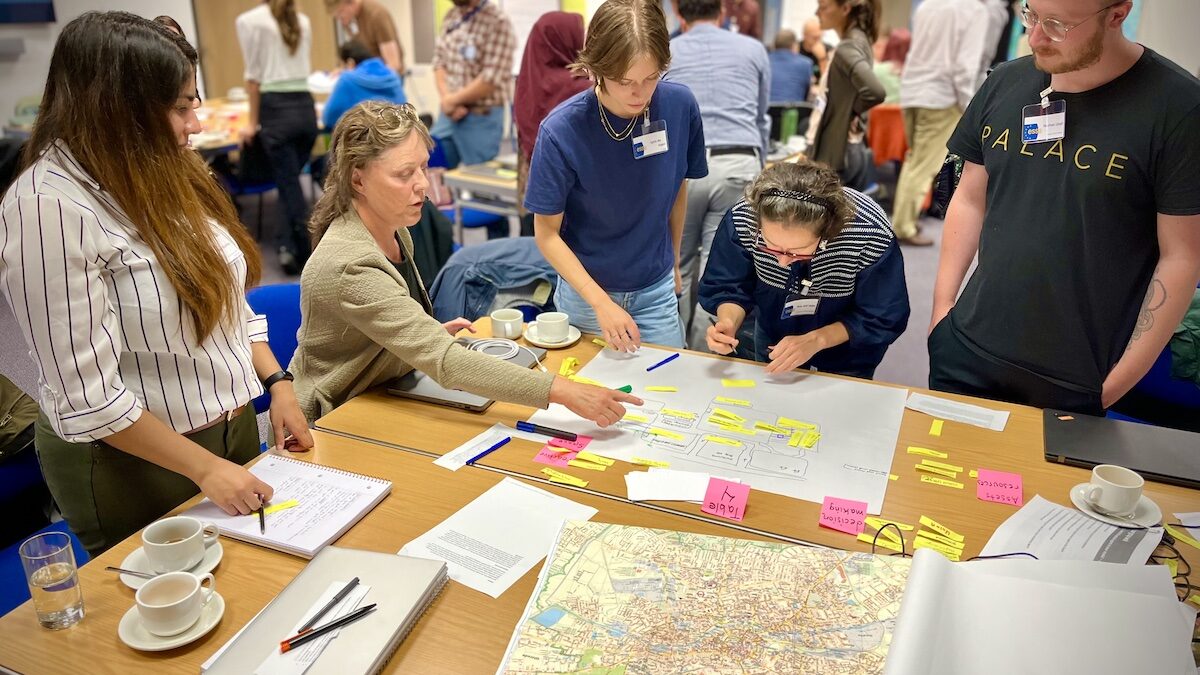International specialists in advanced computer modelling are in Aberdeen this week for a special forum dedicated to solving global challenges – from pandemics to climate change.
The experts in simulation and forecasting are meeting in the city to further a field of study that can anticipate and predict emerging diseases and environmental disasters such as wildfires.
The European Social Simulation Association Summer School is organised by and being held at The James Hutton Institute in the city.
Experts, from ecologists to psychologists, will learn about how agent-based modelling could solve the problems they’re trying to address.
Unlike normal computer simulation, agent-based modelling can simulate a wide variety of outcomes of particular events or decisions, because it looks at the different ways each participant in an event might act and interact with others.
The event is being held at the Hutton’s campus in Craigiebuckler from Monday to Friday this week. Attendees at the event have come from everywhere from the Netherlands to Japan.
Guest lecturers include Nanda Wijermans, associate professor in data science, Stockholm University, and Émile Chappin, associate professor at the Energy and Industry Group of the department Technology Policy and Management of Delft University of Technology.
Among the topics of study include the programming language behind NetLogo, a multi-agent programmable modeling environment developed by Professor Uri Wilensky at the Center for Connected Learning and Computer-Based Modeling (CCL) at Northwestern University in Chicago, US.
NetLogo is used to simulate and explore complex systems and counterintuitive phenomena in natural and social sciences, from pandemics’ dynamics, climate change and ecosystems to economics and voting.




